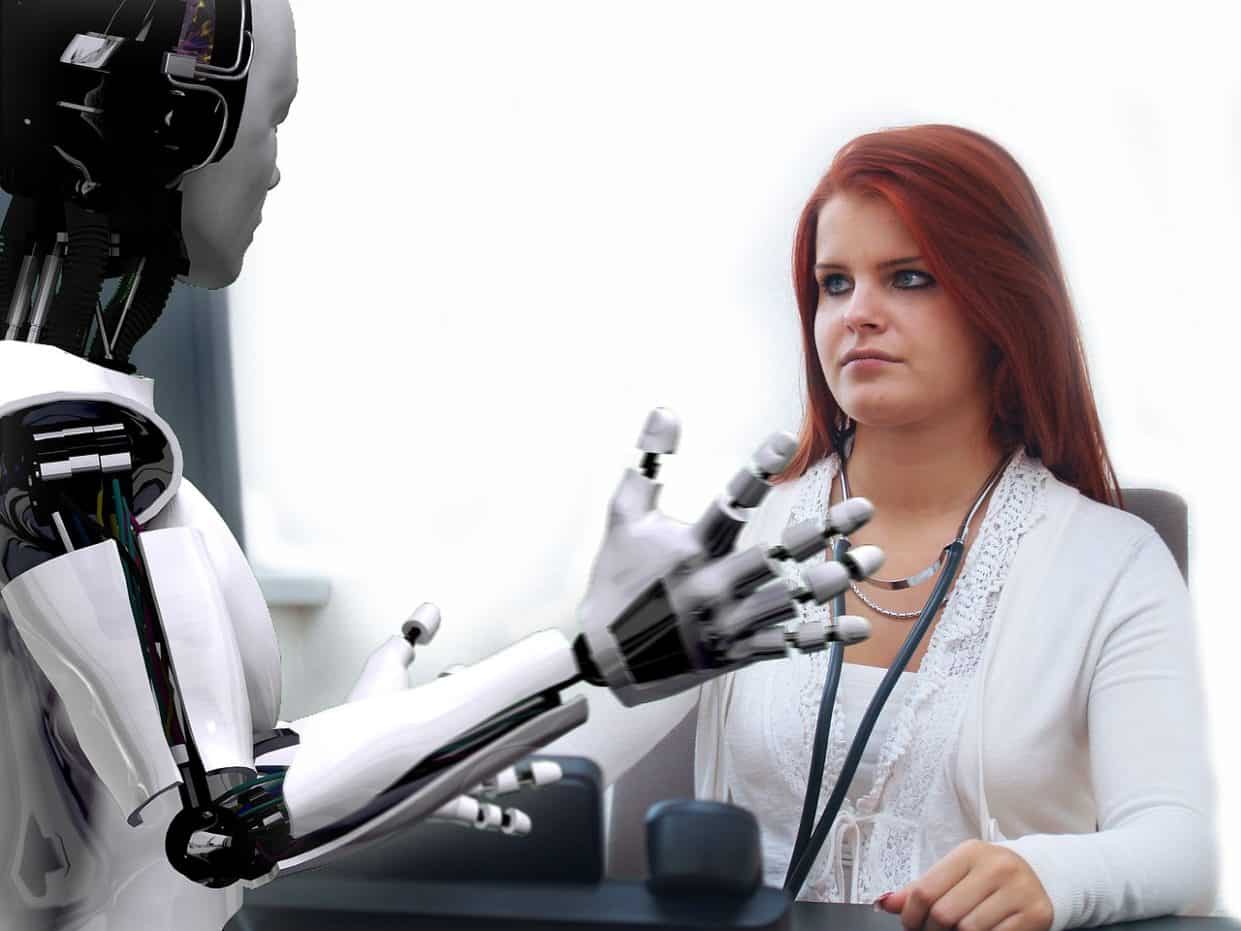“We do not need magic to change the world. We carry all the power we need inside ourselves already. We have the power to imagine better. “-J.K. Rowling
In this world of modern technology, we aim to make things better if not the best, for the interest of humankind. We continue to innovate and expedite resources especially in healthcare to provide outmost assistance to people. We never stop inventing and developing new ways to improve the way care is delivered. In fact, artificial intelligence is paving the path that society has become more accepting to a modern approach in healthcare delivery.
What are the contributions of AI in Healthcare?
Advancement in technology have brought about significant improvements in the healthcare system. It could also mean a more cost-effective and accessible platform, a promising outcome particularly to places where access to health services is challenged. Technology that uses AI to analyze health problems base on symptoms could allow patients from far-flung areas to be treated by specialists without having to travel far from home. According to a survey from Health Leaders Media entitled “Analytics in Healthcare,” 14% of healthcare organizations use a software platform that embraces AI proficiencies. The number is set to rise significantly, with 35% saying they plan to implement an AI powered platform within the next three years.
An Accenture report was released at HIMSS18 with an intrepid prediction: the healthcare artificial intelligence market may hit $6.6 billion in the next three years. In 2014, that number was just $600 million, meaning the AI healthcare market could see an eleven-fold increase in value in less than ten years
The survey showed that as of 2018, one in five U.S. consumers have already used healthcare services “powered by artificial intelligence,” and 66 percent of respondents are open to AI clinical services, like home-based diagnostics and 61 percent for virtual health assistants. On top of that, consumer use of mobile health apps has grown three times over the last four years (from 16 percent in 2014 to 48 percent today) and the use of wearable devices has nearly multiplied four times (9 percent in 2014 to 33 percent today).
This is something that could change how we look at rendering care to people. Imagine, if more institutions will embark on this technology, AI and ML can lower healthcare costs. Yes, the product or technology may be expensive but it’s not a one-time use. This will help in a more accurate and earlier detection of diseases, allowing for better management or treatment before the disease progresses into something more complicated. Accumulated data and the technology to study it are more depth and accurate than humans could. This increases the accuracy of a diagnosis and the effectivity of treatment regimen. This will not eradicate the need for professional and license medical practitioners. In fact, it will be of beneficial to them as detecting possible health concerns would be easier. It could save time, effort, and monetary cost. AI lets physicians and healthcare providers to have the wealth of information from medical papers that will help significantly in knowing the patient’s condition. AI will also analyze or interpret the data that will suggest the possible management for the patient’s symptoms. This will also be an opportunity to create an environment of learning not just to medical experts but to other individuals interested to artificial intelligence and machine learning.
Is there a law regarding the application of AI in the industry?
In December 2017, AI Act was introduced to the House and the Senate. If approved, it would launch a committee to advise the Secretary of Commerce on AI regarding education, work force, international competitiveness, and legal and regulatory regimens. This bill could easily affect the development of artificial intelligence and machine learning applications in healthcare and includes the U.S. as one of the few nations that are reconnoitering the consequences of the technology innovation.
Although, there are a lot of considerations at present like legal and regulatory concerns, slowly the FDA has embarked on a project to reform its oversight of digital health technology. This effort by the FDA to fasten and accelerate its review process on digital healthcare, which included mobile medical applications, opens expectation to a promising innovation in healthcare system.
“Using digital tools to reach patients is no longer a question of ‘if’ – it’s a question of ‘how.’ And it’s a matter of now.” -Chris Boyer
You can explore the wonders of artificial intelligence and machine learning in by checking out BraineHealth’s new product called Diagnosio. Get a reliable diagnosis by simply providing the symptoms and personal info in the app. Start your free trial now!

